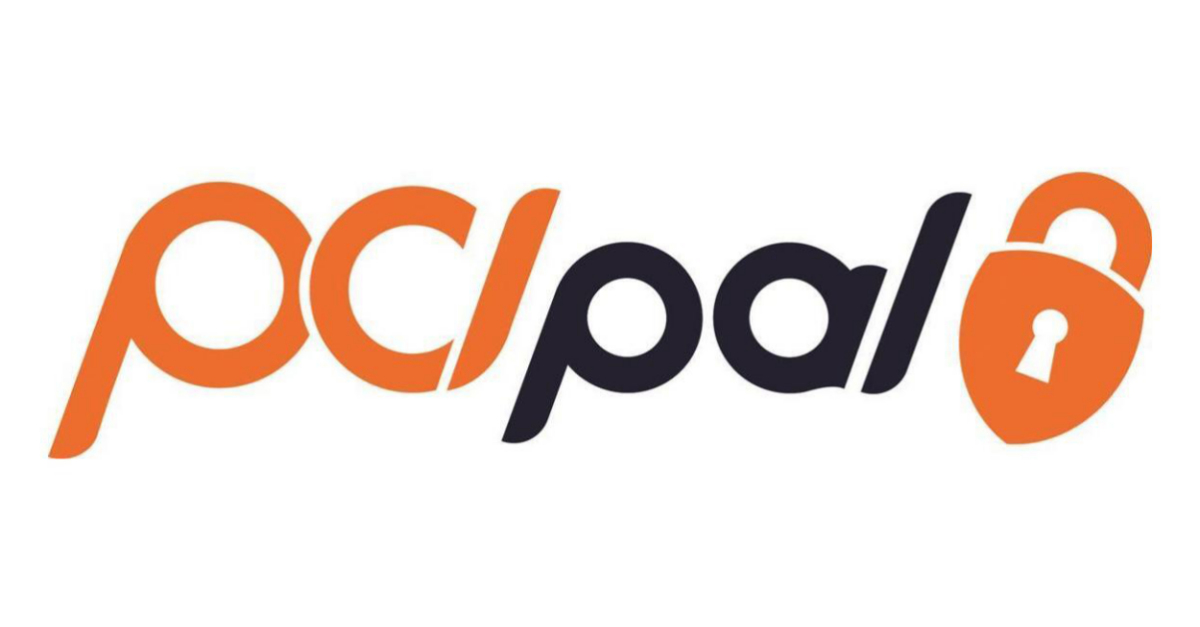DBS is First Bank in Asia Pacific to Pilot Visa...
- 17.02.2026 01:46 pm
Medius Partners with Adyen to Launch Corporate Expense...
- 17.02.2026 09:05 am
TerraPay Partners with Sabre Direct Pay to Expand...
- 16.02.2026 10:25 am
Alipay AI Payment Exceeds 120 Million Transactions in...
- 16.02.2026 10:25 am
Klarna launches on Google Pay
- 16.02.2026 08:05 am
MineSec and BSD Enterprise Join Forces to Bring Mobile...
- 13.02.2026 11:25 am
Conferma Announces Oracle Integration to Enhance...
- 12.02.2026 02:55 pm
Fragmented Data Disrupts Operations at 80% of Payments...
- 12.02.2026 10:35 am
Bolt Integrates One-Click Checkout Into Paysecure’s...
- 12.02.2026 10:30 am
Starbucks Taps Adyen to Power In-Store Payments Across...
- 12.02.2026 10:25 am
OSN Activates New Philippines-UAE Corridor for Global...
- 12.02.2026 10:05 am
EthSwitch Launches National Instant Payments, Unifying...
- 12.02.2026 09:45 am






















